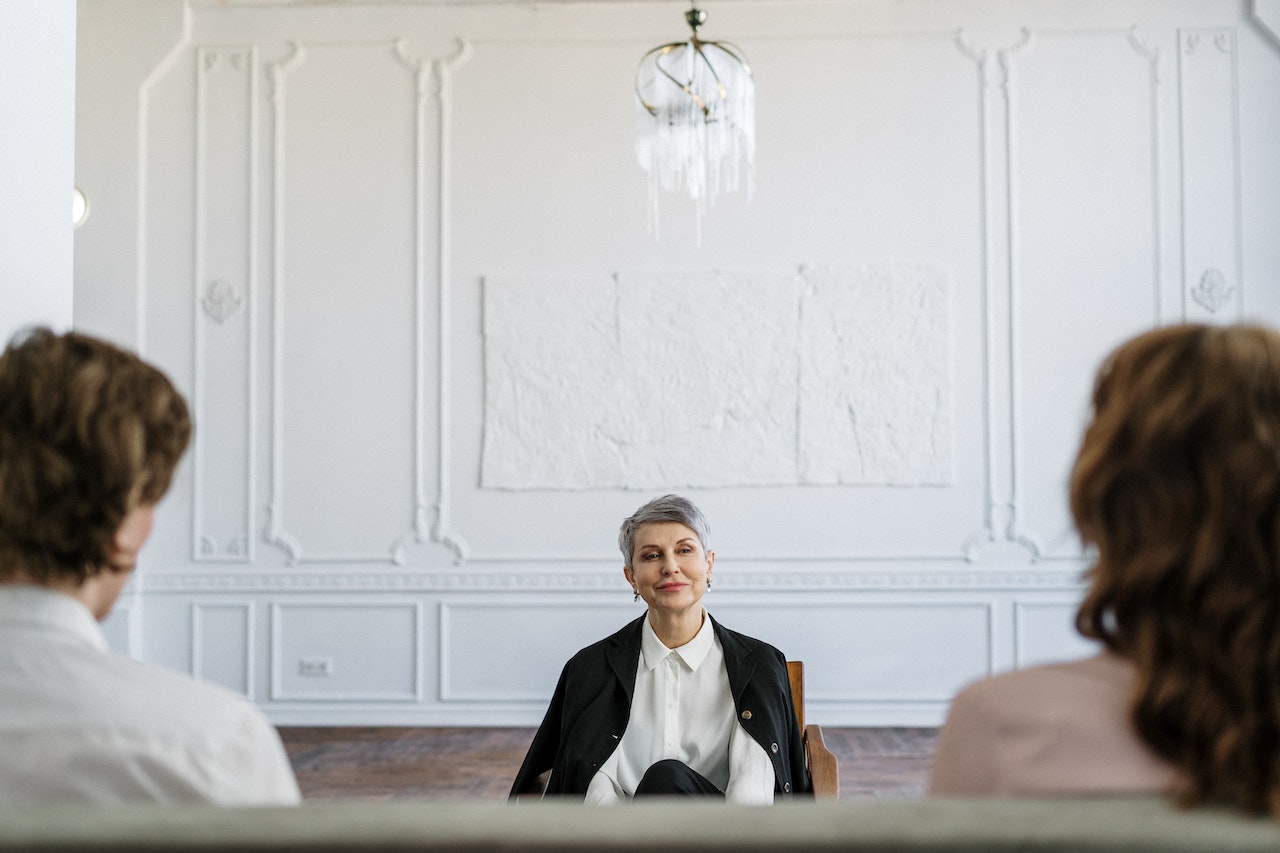Comments
- No comments found

Baby boomers, those born between 1946 and 1964, are divorcing at a higher rate than any other generation, according to a recent study, which has revealed a startling pattern.
The National Center for Family and Marriage Research at Bowling Green State University conducted a thorough review of divorce data from 1990 to 2021. According to the data, divorce rates rose for people over 45 during this time while they fell for people under 45. Most significantly, from 1990 to 2021, the divorce rate among people 65 years old and over tripled.
According to a data brief co-authored by sociologist I-Fen Lin, this trend is especially noticeable among women in older age groups, where divorce rates have virtually quadrupled. According to a study by Susan Brown and Lin that was published in the Journal of Gerontology: Social Sciences, older individuals are currently experiencing historically high divorce rates.

In the past, it was unusual for elderly couples to get separated. However, according to Brown and Lin's study of information from the American Community Survey and U.S. Vital Statistics Reports from the Centers for Disease Control and Prevention, the divorce rate among this group doubled between 1990 and 2010. 50 and older people experienced 27% of all the divorces in 2010; by 2019, this number had increased to 36%. An in-depth analysis of this data by Bowling Green University researchers revealed that a quarter of the divorces were among people who were at least 65 years old. Data shows that in Florida, women over 50 have an 11.5% divorce rate.
These divorces included both long-term marriages and second or subsequent unions, regardless of how long they lasted. Notably, this pattern is not explained by older persons' less amicable marriages than those of their younger counterparts. Instead, societal factors like shifting perspectives on divorce and women's growing financial and emotional independence have helped to normalize divorce.
According to analysts, the trend of gray divorce is unlikely to slow down. In contrast, younger generations are anticipated to experience reduced incidences of divorces later in life, largely as a result of getting married later and enjoying more stable financial situations.

A number of variables contribute to this tendency among older persons. Baby boomers frequently got married while they were younger, which is known to increase the likelihood of divorce. Millennials and members of Gen X, on the other hand, typically marry later, lowering the likelihood of divorce at a younger age. Getting married later reduces the possibility for second or third marriages.
As baby boomers get older, gray divorce rates have gone up with second marriages being 2.5 times more likely to end in divorce than first ones. Conflicts over money, adultery, pornography, verbal abuse, substance misuse, differences in parenting styles, and mental health issues are common reasons for divorce among older couples.
Additionally, divorce is no longer as socially stigmatized as it was during the baby boomers' formative years and early marriages. Divorce has become a more attractive choice for older persons as a result of rising societal acceptability.
Divorce can also be influenced by significant life changes, including one spouse retiring but not the other or receiving a dire health prognosis. These occurrences may intensify current marital problems and act as a breaking point for the union.
Divorce can be emotionally taxing on older persons. However, studies have shown that within a few months, especially if the marriage was conflict-heavy or not emotionally gratifying, they tend to regain their emotional well-being.
According to Boston University sociologist Deborah Carr, who has investigated the effects of gray divorce on mental health, older persons typically do well following this time of adjustment. Depending on the nature of the partnership and the conditions of the divorce, the effect on emotional health may vary. In marriages that were contentious and unhappy, melancholy and loneliness are generally absent after divorce.
Despite the difficulties that come with divorce, many people do not see their long-lasting relationships as failures. Support systems, such as family and friends, are essential for assisting people in navigating the emotional fallout from divorce and accelerating their rehabilitation.
It is important to have a solid support network at the time of divorce. Remember that despite major life upheavals, you can start over and rebuild your life with the aid of your loved ones.
Leave your comments
Post comment as a guest